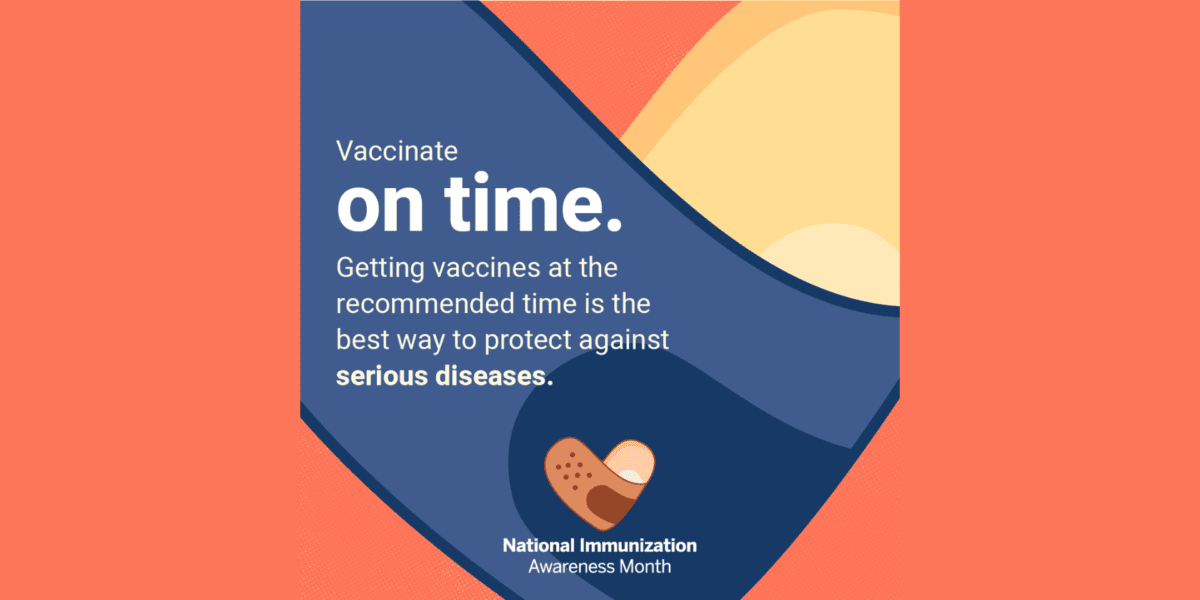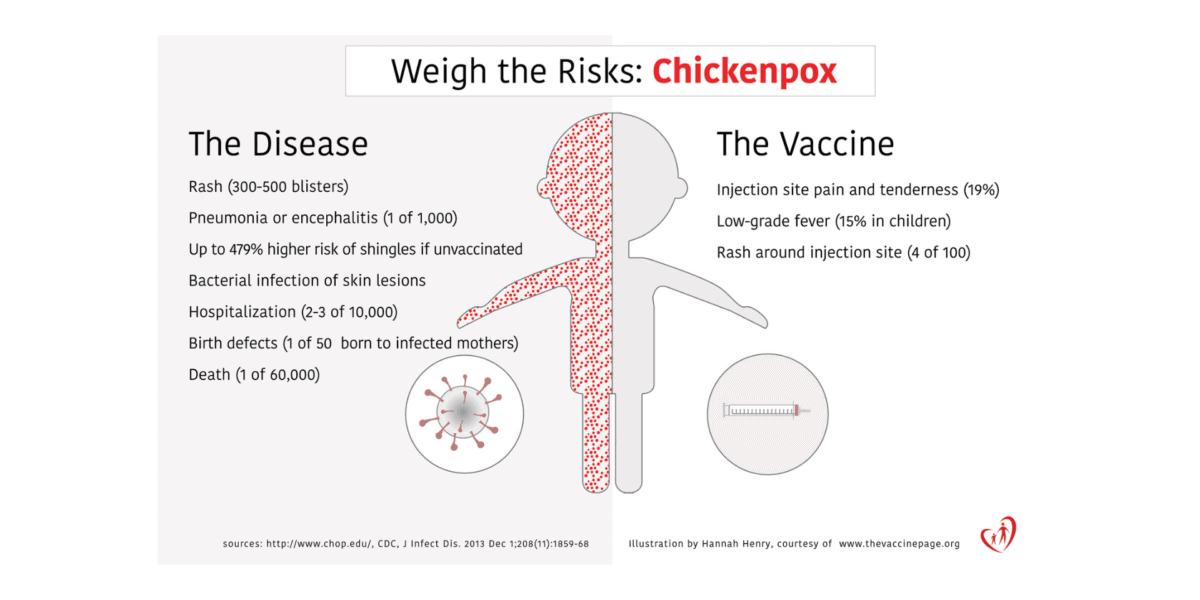
Special thanks to Sally Greenberg, Executive Director, National Consumers League (NCL), for sharing her thoughts on including the meningitis B vaccine as part of the routine schedule of vaccinations for incoming and current college students. Portions of this blog were originally posted on the NCL blog and have been shared below in recognition of World Meningitis Day (4/24/15).
Note: The views expressed in this guest blog do not necessarily reflect the views and policies of the National Foundation for Infectious Diseases (NFID).
Meningitis B (MenB) is a frightening illness. It can overtake and kill in 24 hours. College-age students who live in close quarters are the usual victims. If it doesn’t kill, it often causes grievous injury—especially to the extremities—including loss of fingers, toes, feet, or parts of the face. While vaccines against other strains of meningitis have long been available, those for MenB have only been recently been approved for use in the US. We now have two effective vaccines approved by the Food and Drug Administration (FDA) available to protect against this terrible MenB strain. Unfortunately, neither is currently required on the routine vaccination schedule.
In February 2015, I joined with a group of advocates at the Centers for Disease Control and Prevention (CDC) Advisory Committee on Immunization Practices (ACIP) in Atlanta to try to change that. The agenda included a vote on the inclusion of MenB vaccines on the routine vaccine schedule for persons at increased risk. ACIP discussed the economic evaluation of vaccinating US adolescents and college students against serogroup B meningococcal disease and considerations for routine use of MenB vaccines in adolescents. While ACIP did recommend including MenB vaccination on the routine vaccine schedule for persons at increased risk, a vote on the recommendation to include MenB vaccines on the routine adolescent schedule is not scheduled until June 2015.
Adding a vaccine to the recommended schedule is not without controversy. All vaccines cost money—the meningococcal B vaccine costs around $130 a dose and currently the two vaccines available are part of a 2- or 3-dose series. However, the benefits of vaccination far outweigh the cost of vaccination.
NCL supports an ACIP recommendation to establish MenB vaccine as part of routine adolescent immunizations, so that incoming students can be protected before they arrive on campus and are exposed to meningococcus, not just after an outbreak occurs. The recommendation for vaccination should also include pre-college entry so that it can be enforced as an entrance requirement, along with meningococcal conjugate vaccine (MCV4) coverage. This would also mean the vaccine is covered by health insurance and students and their families would not have to cover the entire cost of vaccination.
Read the complete NCL blog post.
For more information about meningococcal disease, view the NFID press release, “NFID Calls on College Campuses to Be Prepared for Meningococcal Diseases“ and Addressing the Challenges of Serogroup B Meningococcal Disease Outbreaks on Campuses. Visit www.adolescentvaccination.org/meningococcal to learn more.
To join the conversation, follow NFID (@NFIDvaccines) on Twitter, like NFID on Facebook, join the NFID Linkedin Group, and subscribe to NFID Updates.
Related Posts

Debunking 5 Common Health Myths
Although the COVID-19 pandemic has clearly demonstrated the importance of public health, the prevalence of medical misinformation online is making it harder than ever for young people to tell the difference between fact and fiction when it comes to protecting their own health

Immunization Challenges on College Campuses
Based on living conditions and social behaviors, college students are at higher risk for certain infections. While the risks are clear, there are challenges to ensuring this population is up-to-date on recommended vaccines…

Spread Information, Not Diseases
Vaccines are among the most significant achievements in public health and can help protect against 14 deadly diseases. Share these infographics to help spread information, not disease!
